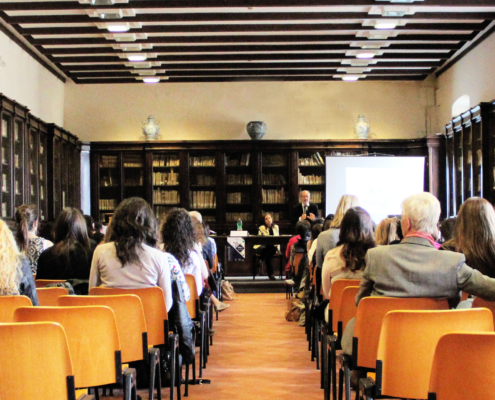Parliamentary report: the transition to reuse
Promulgated in February 2020, the Anti-Waste for a Circular Economy (AGEC) law aims to fundamentally transform production and consumption patterns in France. Nearly three years after its adoption, an information report (no. 2696) recently published by the French National Assembly assesses the progress made and the remaining challenges in achieving the ambitious objectives of this landmark law.
A structuring law and promising advances
The AGEC Act is generally praised for its structuring nature and its first significant advances. The report stresses the importance of developing product re-use channels, a priority for reducing waste and preserving natural resources. Although there are still delays and obstacles, the momentum is positive.
Reuse initiatives are multiplying and, even if they are still often local and experimental, they demonstrate the enormous potential of this approach. The report highlights the importance of supporting these initiatives so that they become widespread and pillars of the circular economy.
Lifting the brakes for a prosperous future
The report identifies a number of challenges to be overcome in order to accelerate the development of large-scale reuse. Among these, the need to create sufficient deposits in terms of quantity and quality is crucial. Today’s production methods need to evolve to align with the logic of looped reuse.
Logistical aspects, such as the collection, sorting, reconditioning and redistribution of used products, are also essential. The report proposes targeted investments to improve these processes and guarantee the quality and traceability of reused products.












